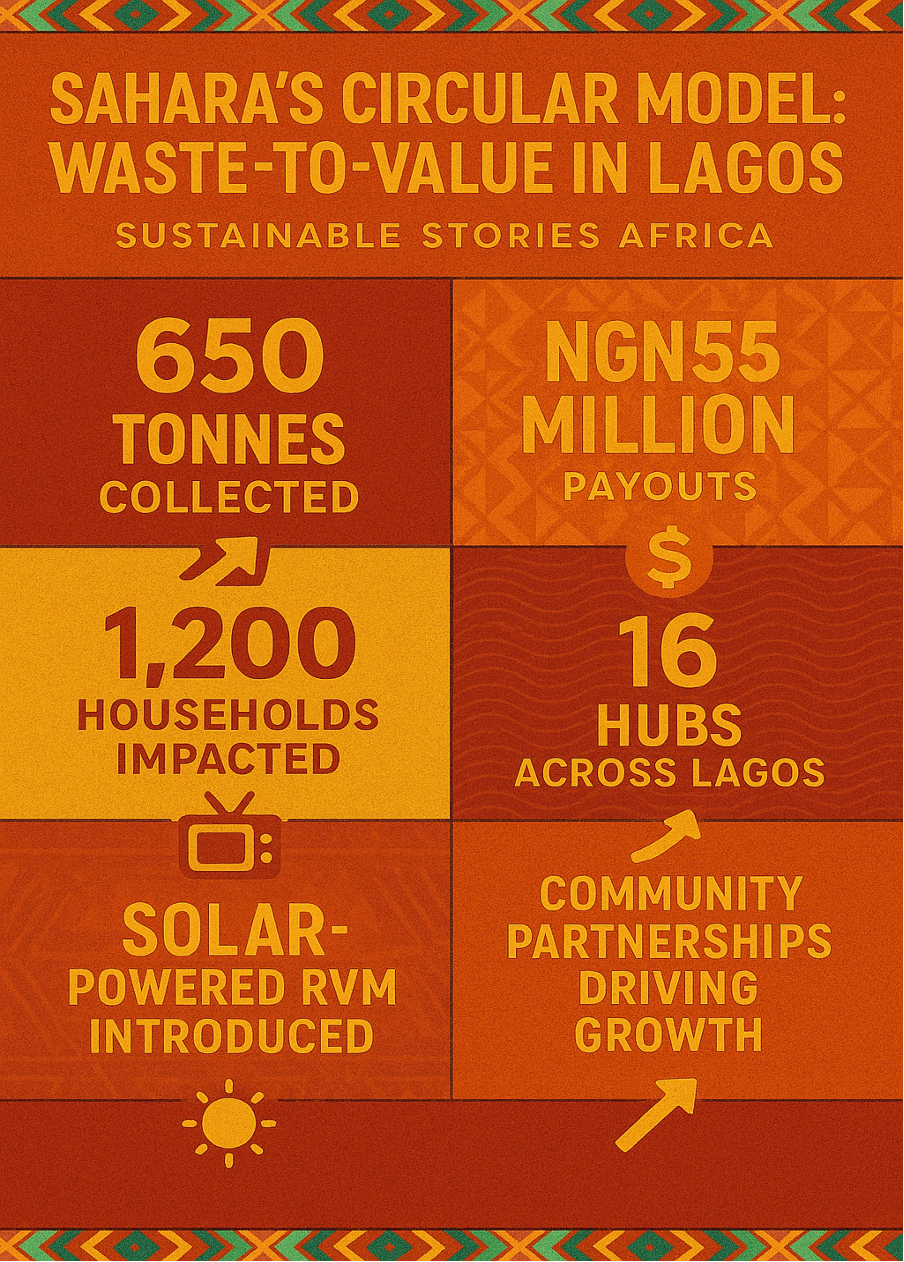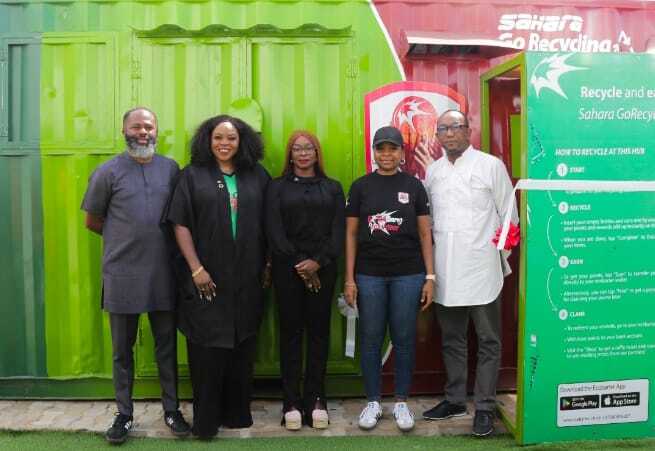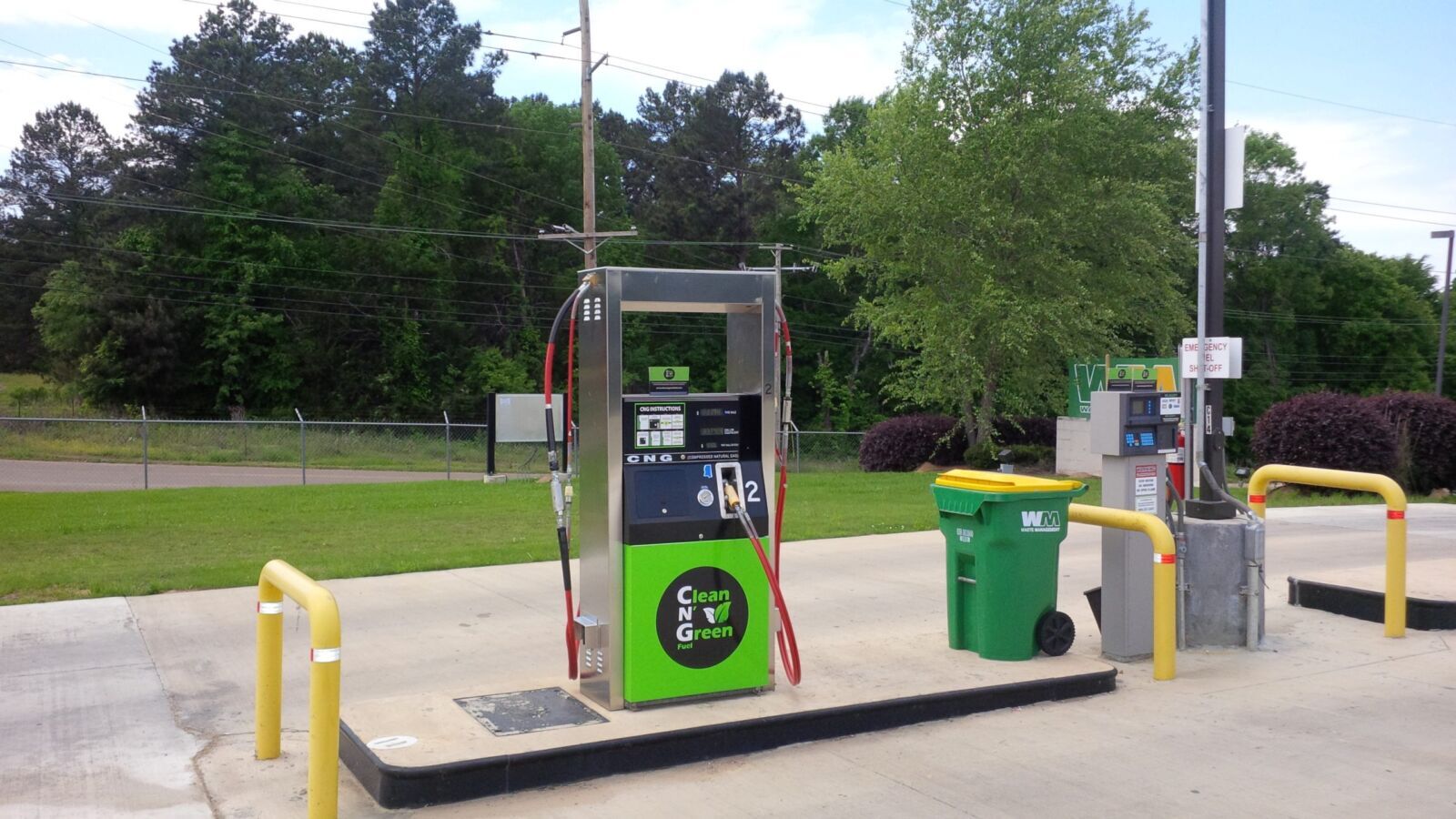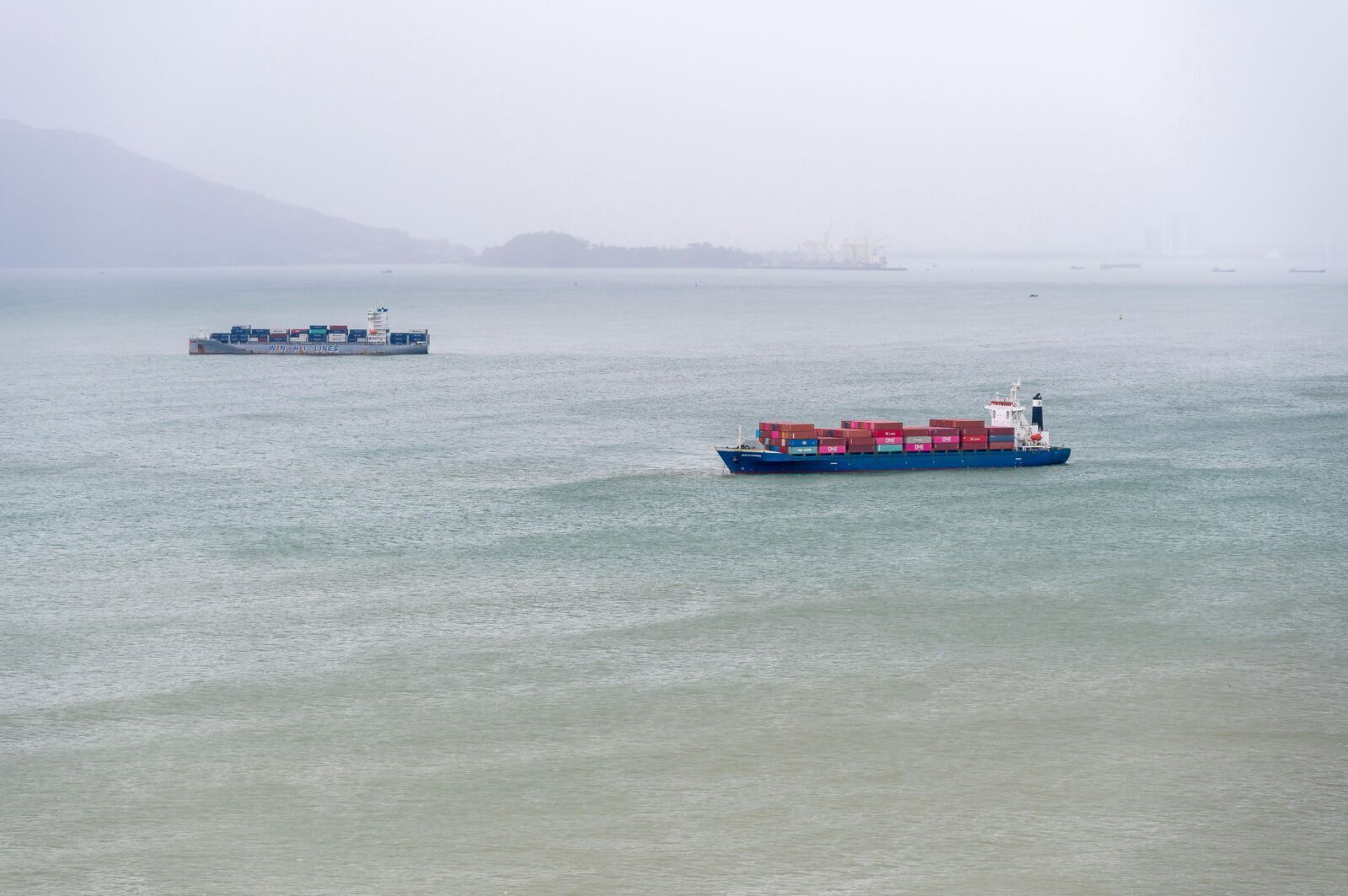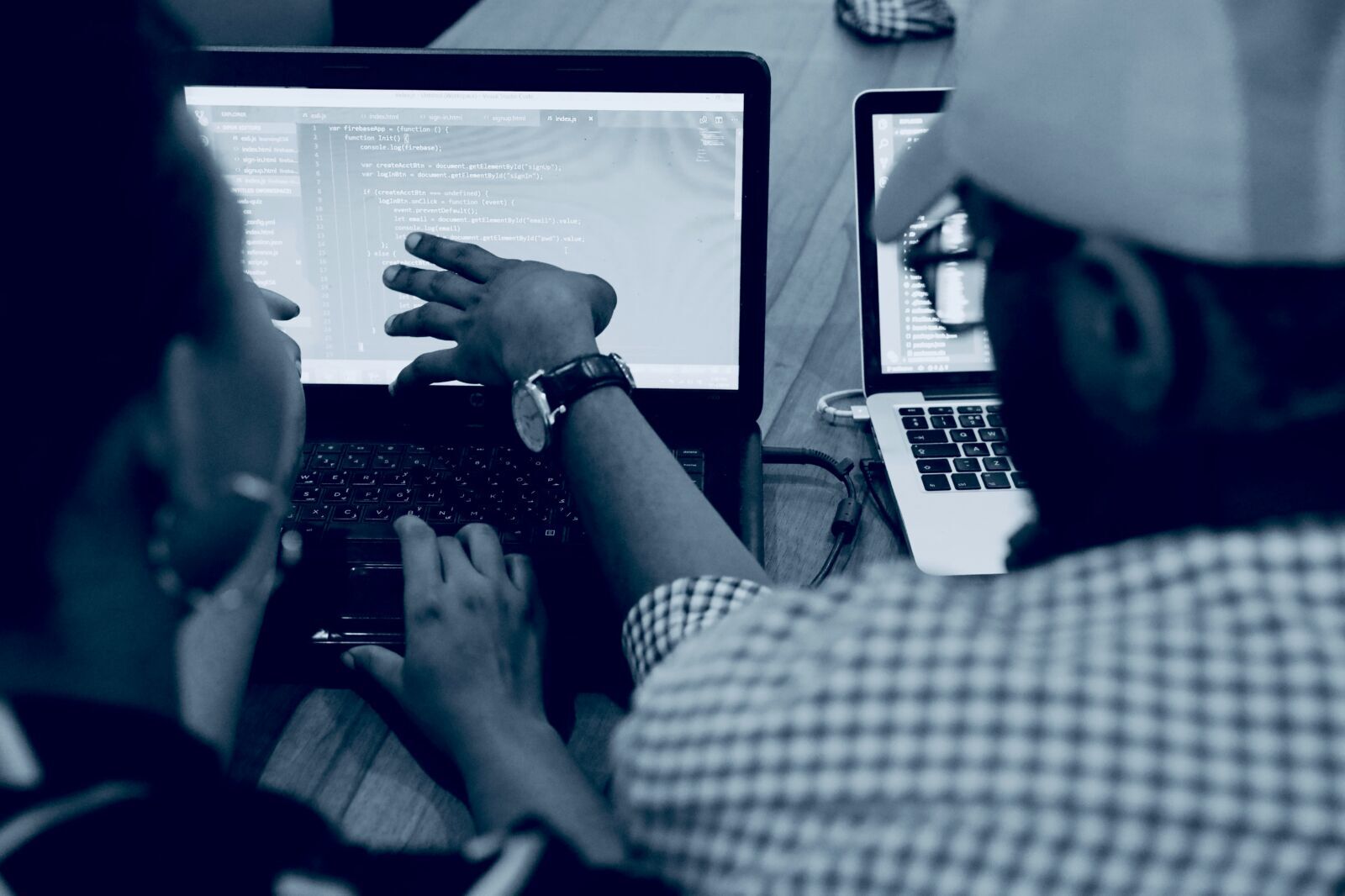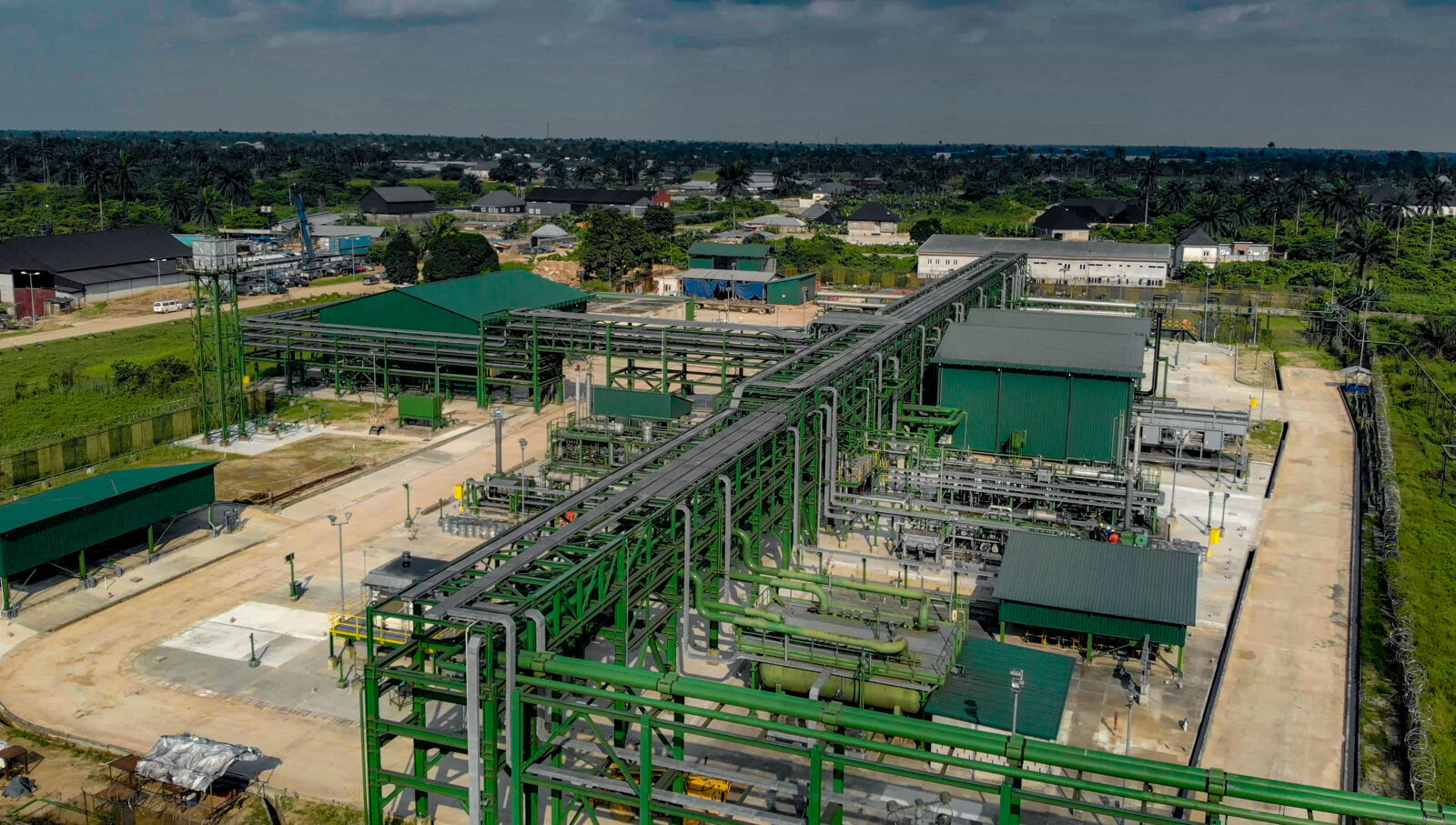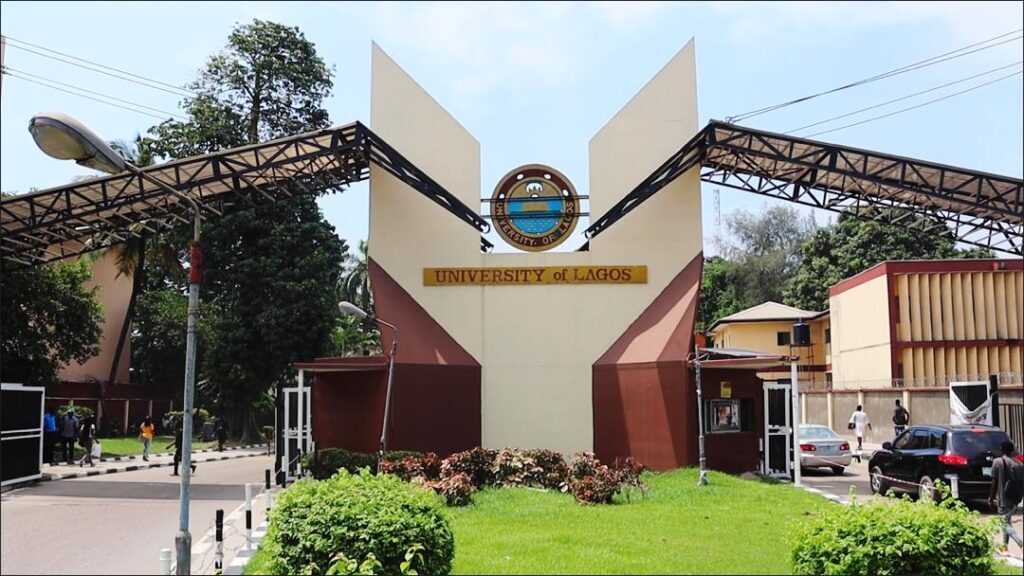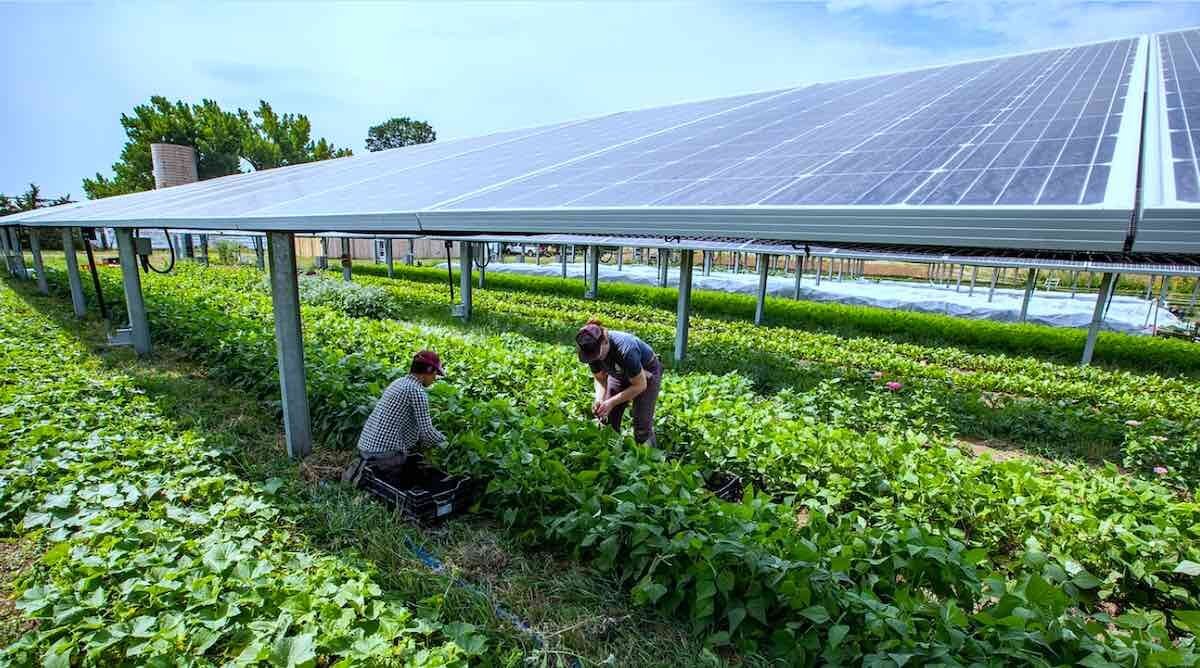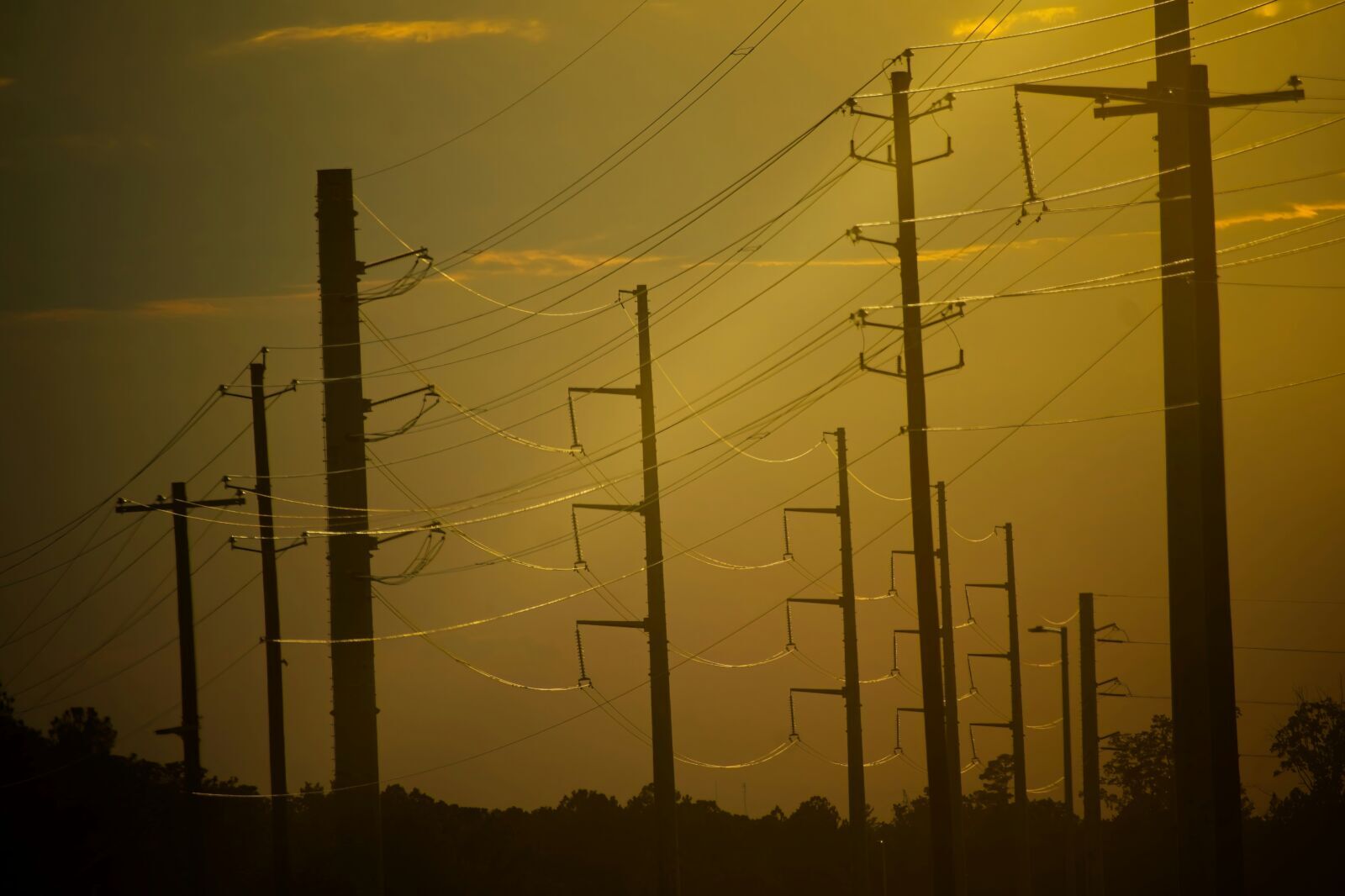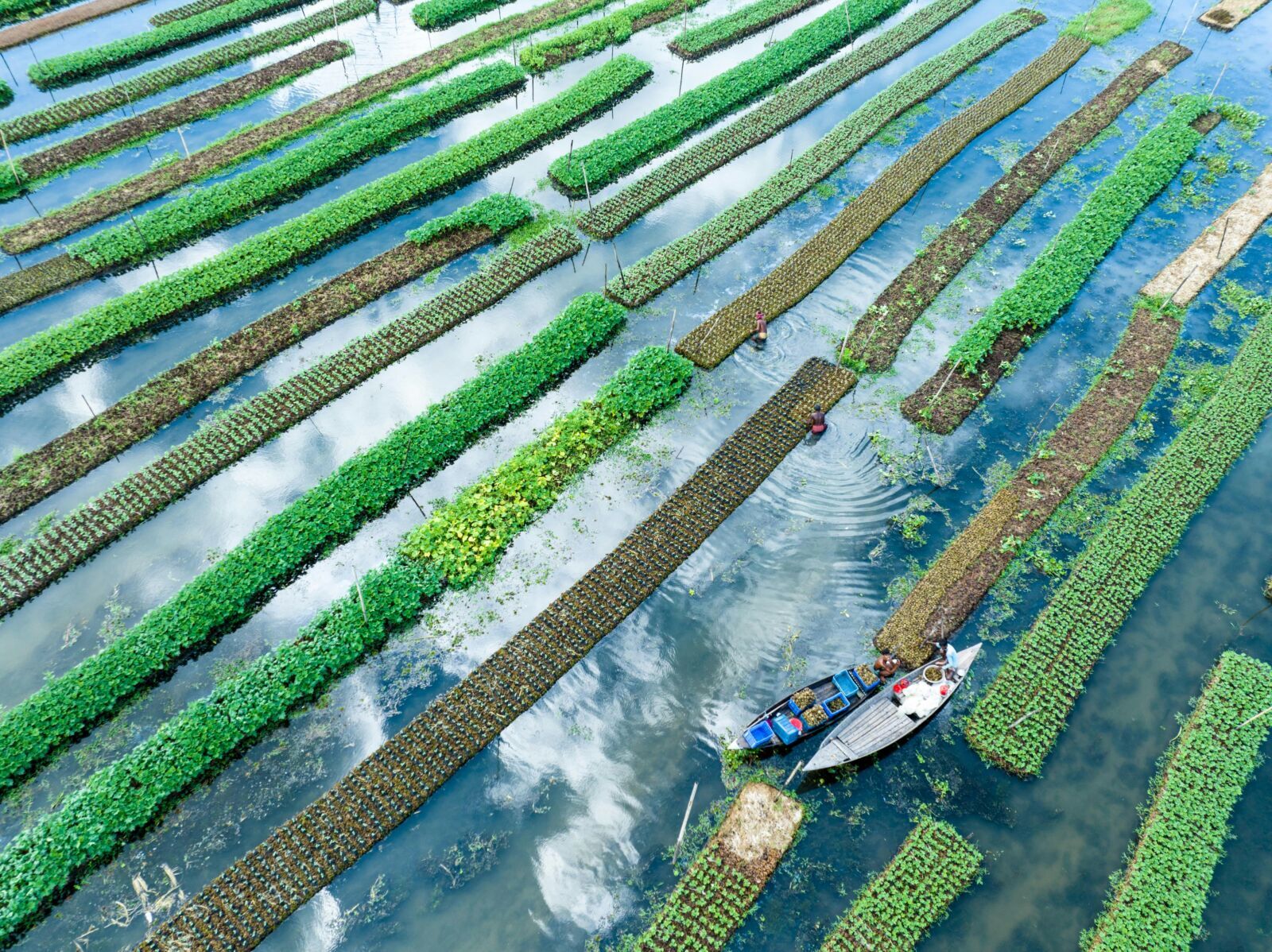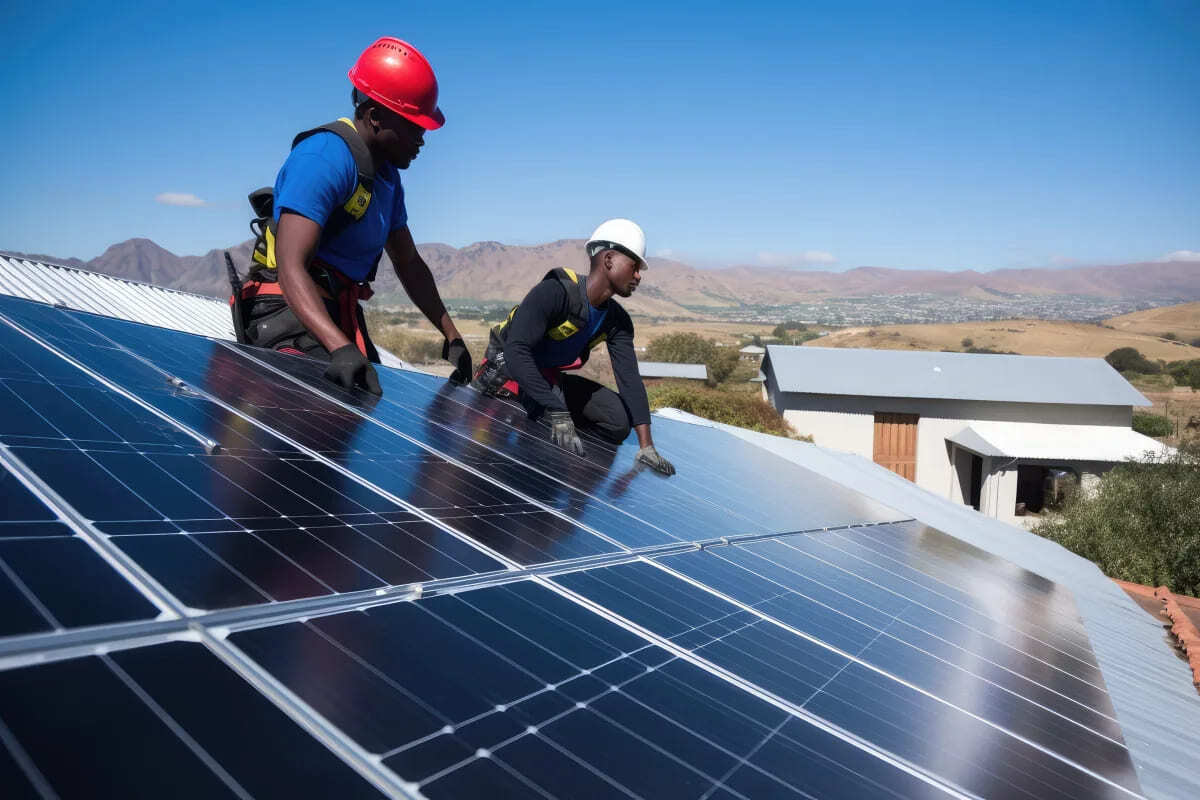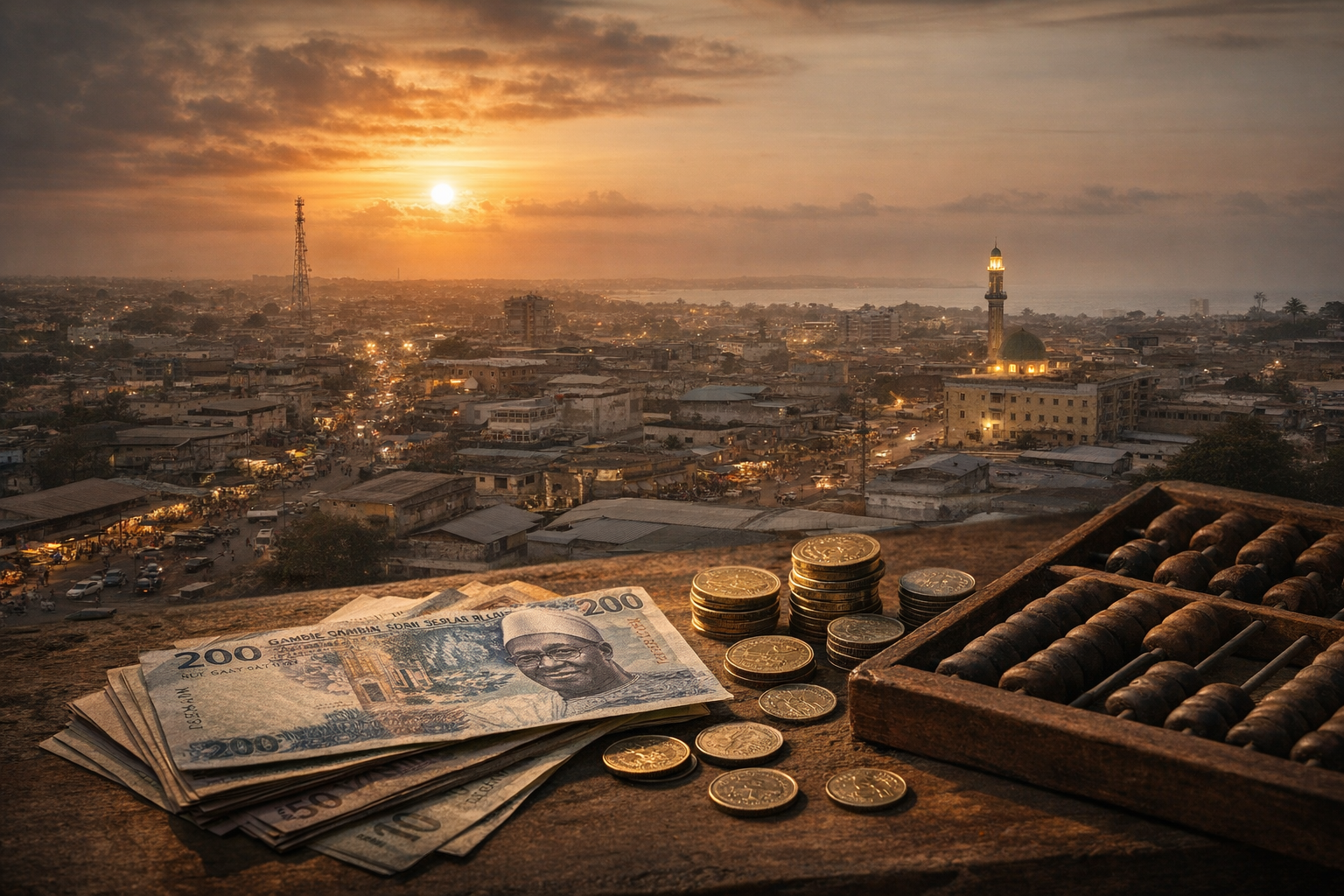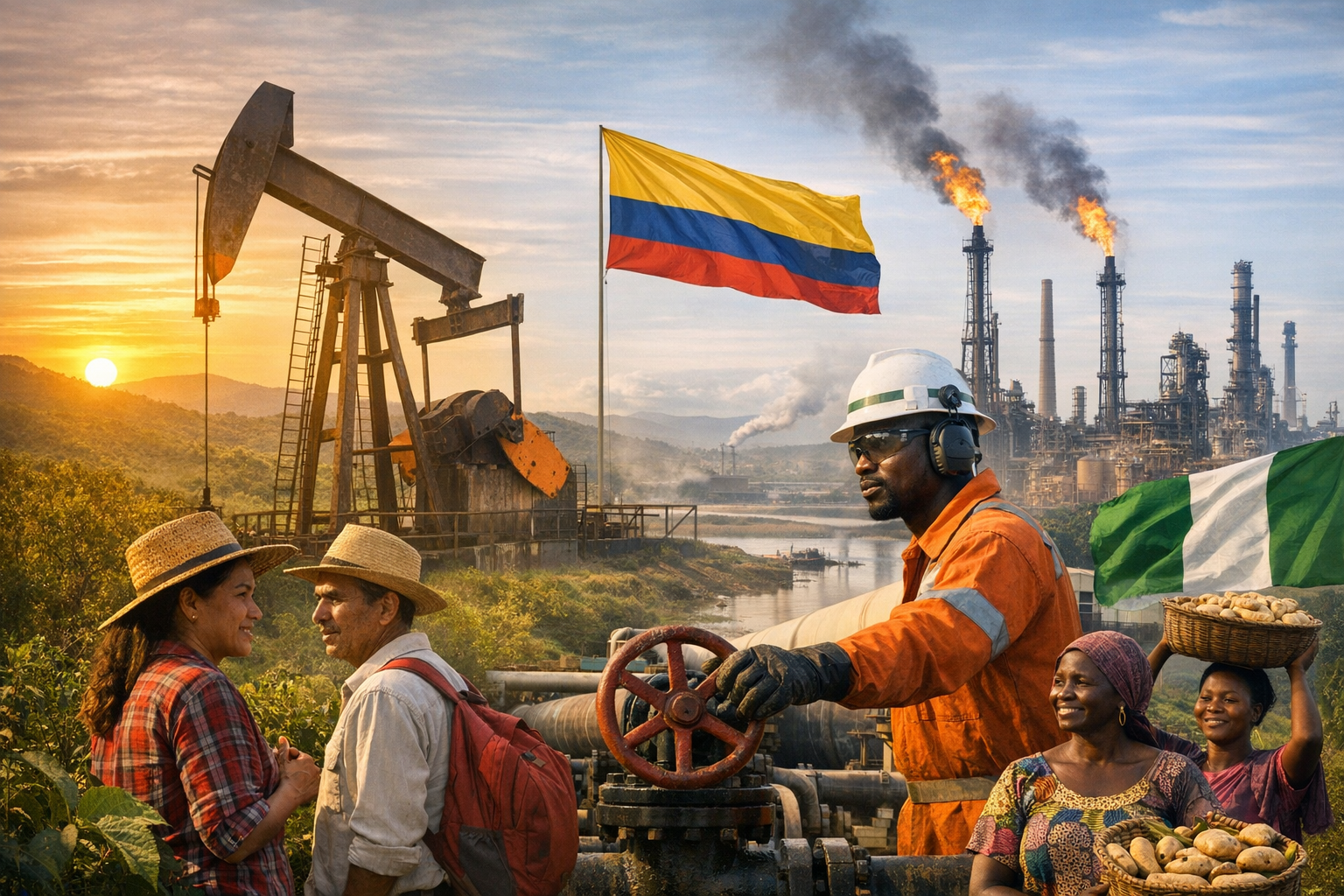Sahara Group Foundation's commissioning of its 16th Go-Recycling Hub in Lekki signals a structural shift in Lagos' waste-to-value ecosystem. With solar-powered technology, community payouts, and circular-economy incentives, the initiative is reshaping grassroots climate action.
Beyond environmental gains, the model demonstrates how accessible recycling infrastructure can strengthen livelihoods, improve local resilience, and accelerate Nigeria's transition toward cleaner, community-driven urban sustainability and drive Circular Economic activities.
Lagos Expands Circular Recycling Powerfully
Lagos' mounting waste challenge has long underscored the need for community-rooted, scalable recycling solutions. Last Friday, November 14, 2025, Sahara Group Foundation added a fresh momentum to that effort with the launch of its 16th Sahara "Go-Recycling Hub", this time in Lekki, and now equipped with its first solar-powered Reverse Vending Machine.
The announcement arrives at a critical moment. Nigeria generates over 32 million tonnes of waste annually, with Lagos contributing nearly 30%. However, less than 15% is recycled, according to industry estimates.
By integrating technology with income-generating incentives (building Circular Economy Value), the Foundation is pushing recycling beyond awareness campaigns and into practical, measurable, value-creating community impact.
Why This Matters Now
The Sahara Group Foundation has commissioned its 16th Sahara Go-Recycling Hub in Lekki, marking its most technologically advanced launch yet and reinforcing the urgency of scalable waste-management solutions in Lagos, where daily waste generation exceeds 13,000 tonnes.
The unveiling comes at a time when demand for cleaner, community-led recycling systems is rising sharply across Nigeria's rapidly urbanising districts.
The addition of a solar-powered "Reverse Vending Machine" positions the hub as a hybrid environmental and economic intervention, linking clean energy, resource recovery, and income generation in one ecosystem.
What Happened, Who Was Involved, and How It Works
The hub was inaugurated on 14 November 2025 in Lekki, with attendance from Sahara Group executives, Asharami Synergy leadership, Egbin Power Plc representatives, community stakeholders, traditional leaders, and the 2025 Graduate Management Trainees who supported implementation through their sustainability project.
According to Chidilim Menakaya, Director, Sahara Group Foundation, the new hub "represents a new path for innovation, economic opportunity, and community resilience." She emphasised the integration of solar technology as a deliberate push toward sustainable, cost-efficient operations.
The model is straightforward:
- Residents deposit recyclable materials.
- The Reverse Vending Machine automates collection and rewards users.
- Beneficiaries receive payouts digitally or in cash.
- Aggregated waste is resold to recycling processors, sustaining the circular chain.
The Foundation currently operates 15 existing hubs across Lagos. The network has already collected over 650 tonnes of recyclables and paid out ₦55 million to participating households.
What the Initiative Enables and Why It Matters
The Go-Recycling program is more than an environmental intervention; it is an income-support system advancing grassroots climate action. Over 1,200 households have benefitted from the initiative, integrating recycling habits with livelihood opportunities.
Speakers at the event emphasised the broader societal gains:
- Moroti Adedoyin-Adeyinka, Executive Director, Sahara Group, highlighted that the hub "is inspiring new habits and proving that cleaner, greener cities are possible when communities and technology converge."
- Dr Anthony Youdeowei, Board Trustee of Sahara Group Foundation, underscored its practicality, calling it "community-driven sustainability at work."
- Eco Barter CEO, Rita Idehai, noted the impact of collaboration, stating that the partnership "supports livelihoods and brings technology-driven recycling closer to the community."
These perspectives echo a rising trend: urban recycling solutions that blend environmental impact, digital engagement, and micro-economics can significantly strengthen resilience in cities grappling with waste management, plastic pollution, and underemployment, thereby growing the Circular Economy's impact on the Nation's economy.
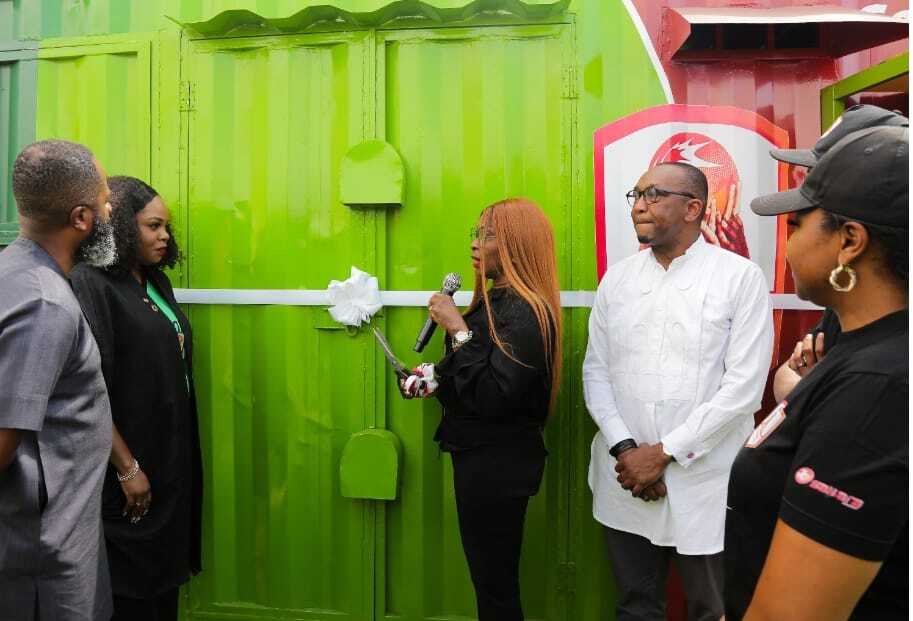
What Comes Next and How the Expansion Will Continue
Sahara Group Foundation plans to scale the Go-Recycling Initiative across more Lagos communities and into additional African cities. While the implementation roadmap beyond Lagos is still evolving, the Foundation reiterated its commitment to "Building Sustainable Communities through EXTRApreneurship," a philosophy focused on collaboration-led development.
The next phase includes:
- Expanding solar-powered RVM technology to other hubs
- Increasing partnerships with recycling aggregators
- Integrating more trainee cohorts into sustainability projects
- Working with community groups to deepen recycling adoption
The success of the Lekki hub positions it as a blueprint for future sites, particularly in locations where energy supply reliability remains inconsistent.
PATHWAY FORWARD – Scaling Cleaner Cities Through Community Action
Sahara Group Foundation aims to deepen community recycling participation by expanding access, strengthening incentives, and deploying more clean-energy-powered RVMs.
With measurable environmental and economic outcomes already recorded, the next phase prioritises scalability and broader inclusion. The Foundation also plans to enhance partnerships, sustain digital payout systems, and integrate youth-led innovation into hub operations.
Sahara's Circular Model: Waste-to-Value in Lagos
